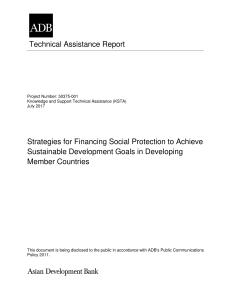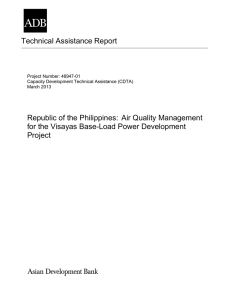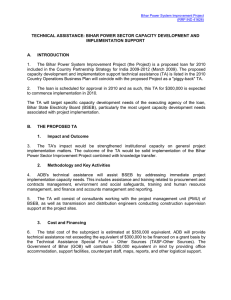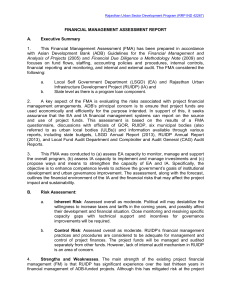Bringing Education Up to Speed Tania Rajadel Digital Strategies for
advertisement
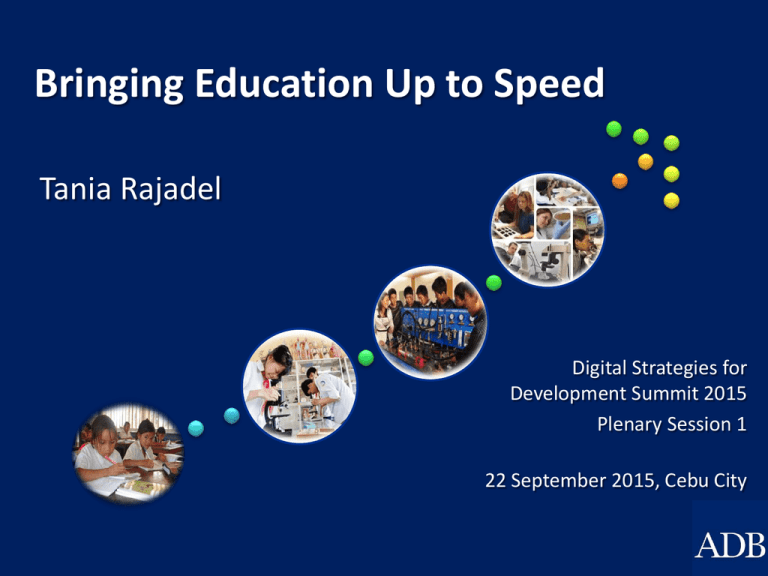
Bringing Education Up to Speed Tania Rajadel Digital Strategies for Development Summit 2015 Plenary Session 1 22 September 2015, Cebu City A fast-evolving landscape Economies are evolving in many ways, some not yet fully predictable New technologies are changing education • Education systems are gearing up to provide skills needed in a digital economy • More transversal skills needed to adapt to fastevolving labor market needs • With the potential to • enhance quality of education • achieve greater equality • improve efficiency of the education system New technologies are changing education Broadening resources for teaching & learning Open online resources Repositories Simulation tools Expanding access to education Distance learning e-learning Ushering in new pedagogical approaches Blended learning Self-paced learning Changing the way schools/universities are run More flexible use of facilities New tools for management and governance ICT & ADB education operations Improving education quality through ICT E.g. • e-learning software in Sri Lanka and Bhutan • e-repository for teaching and learning in Samoa Leveraging ICT for better access to education E.g. • e-learning for rural students in Mongolia • distance learning for students in remote islands in the Pacific Promoting STEM E.g. • Strengthening the University of Science and Technology in Hanoi, Viet Nam • Promoting science streams in the Philippines e-resources for better teaching & learning A pilot Samoa SchoolNet project supported by ADB is helping improve the quality of education by providing a repository of teaching and learning material to support teacher professional development and expand student learning opportunities ADB has partnered with MathCloud to promote student-led learning in math in Sri Lanka and Bhutan. The software is translated and adapted to each country’s curriculum. It provides real time feedback to students and teachers and tailors learning modules to students’ pace of learning. Distance learning for improved access The University of the South Pacific is upgrading its IT system with support from ADB and JICA. The aim is to improve access to undergraduate programs for students from remote outer islands. It will also familiarize them with communication technologies and tools that are increasingly used in the workplace. ADB is supporting the modernization of higher education teaching and research facilities in Mongolia. A pilot program is being developed to set up elearning centers in rural areas and expand access to higher education to 2,000 rural students. Developing new skills & knowledge ADB is helping to strengthen and upgrade the University of Science and Technology in Hanoi, Viet Nam. The project is helping to reinforce partnerships with the industry and the Viet Nam Academy of Science and Technology. It is also supporting the development of a solid science and technology curriculum that fosters innovation and cross-disciplinary work. ADB is providing support to the Philippines for the reform of its secondary education system. The program includes a focus on improving learning outcomes in math and science, by strengthening the curriculum and enhancing teacher quality. Emerging lessons Shifting the focus to content and usage Technological solutions • Hardware • Software Open online resources landscape General Education Search Complete Courses Source: Dr. Gajaraj Dhanarajan Open Textbooks Search Asian Complete Courses Course Components Search Asian OER Repositories Shifting the focus to content and usage Technological solutions • Hardware • Software Content Efficiency • Leverage existing solutions • Think of obsolescence • Curation • Pedagogical approach Usage • Adoption • Capacity • Recognition Striking a balance Social & emotional skills STEM STEAM Strong foundational skills Knowledge Creation Improving employment outcomes Education Systems Employment & Entrepreneurship Ecosystem •To generate labor market relevant skills – for both high and mid-level positions •To produce a critical mass of skills to foster employment and business creation •To propagate knowledge and skills in the local economy •To align education strategy with clearly articulated economic development strategy •To provide an enabling environment for entrepreneurship •To nudge changes in mindsets Discussion Q&A
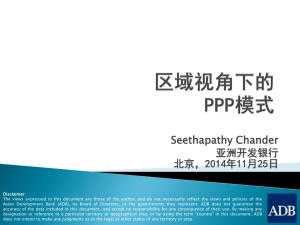


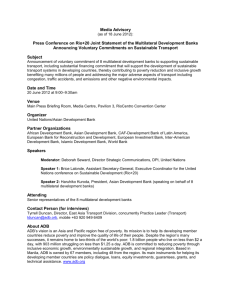
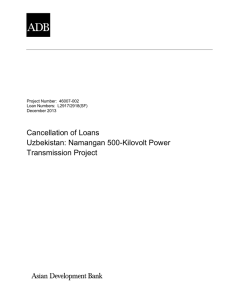
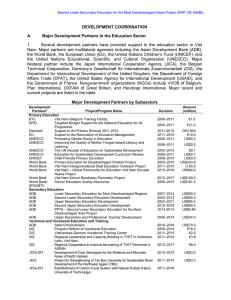
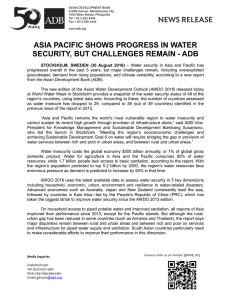
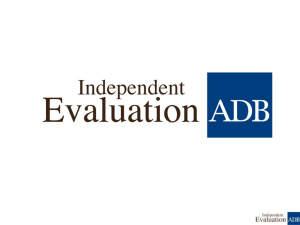
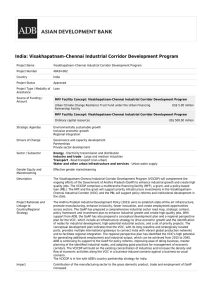
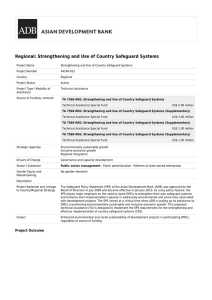
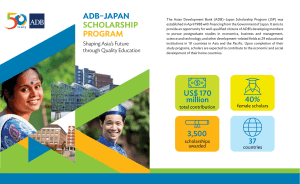
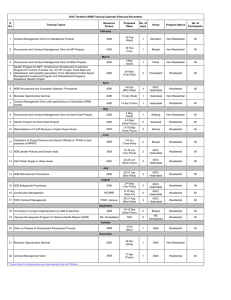


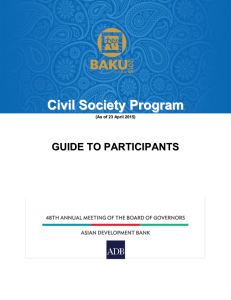
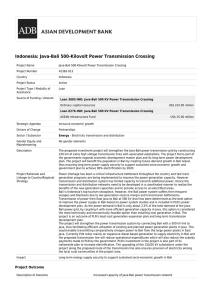
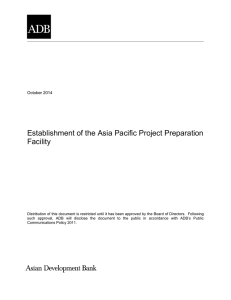
![adb-covid-19-response-southeast-asia[41040]](http://s2.studylib.net/store/data/027070097_1-6fbbb72b0b5604049eb9613b2bb78d74-300x300.png)
